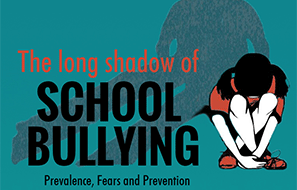Lax implementation of environmental laws exposed in Yunnan
Central inspectors found Southwest China's Yunnan province has problems in lax implementation of environmental protection measures, and illegal exploitation in natural reserves.
The inspection team sent by the central government, which inspected the performance of Yunnan province for one month on environmental protection since July 15, said some leading officials in the province and cities did not make environmental protection issues a priority and did not implement measures strictly.
The province has detained 11 people responsible for pollution from over 1,200 cases that inspectors exposed, and 189 pollution cases have been transferred to judicial organs for further investigation. A total of 322 officials were held accountable, the statement said.
Among the major provincial projects, 55 started construction before passing the environmental impact assessment, which goes against the revised Environmental Protection Law, according to a statement from the Ministry of Environmental Protection on Wednesday.
The inspectors also found illegal construction on natural reserves against the governments' protection regulations.
For example, since the provincial government released the Regulation on Fuxian Lake Protection in 2007, many illegal buildings such as hotels, apartments and villas, with total floor area of 140,000 square meters, have been constructed inside the protection zone, which are still for sale.
The central inspectors also pointed out the lax treatment of heavy metal pollution in Yunnan.
The central government required Yunnan to conduct 19 projects to process the heavy metal pollution by the end of 2015. However, 12 of them have not been finished yet.
The central government has sent high-level teams, led by ministerial level officials, to inspect eight provincial level regions since mid-July as the first batch - Yunnan, Heilongjiang, Jiangxi, Henan, Liaoning and Jiangxi provinces, and Ningxia Hui and Guangxi Zhuang autonomous regions.
All of the inspection results have already been released, and common problems exposed involved insufficient attention from leadership, ineffective implementation on pollution controlling measures and excessive exploitation of resources in natural reserves, based on the released statements.
The second batch of such central inspection teams are expected to start soon, the ministry said.





















